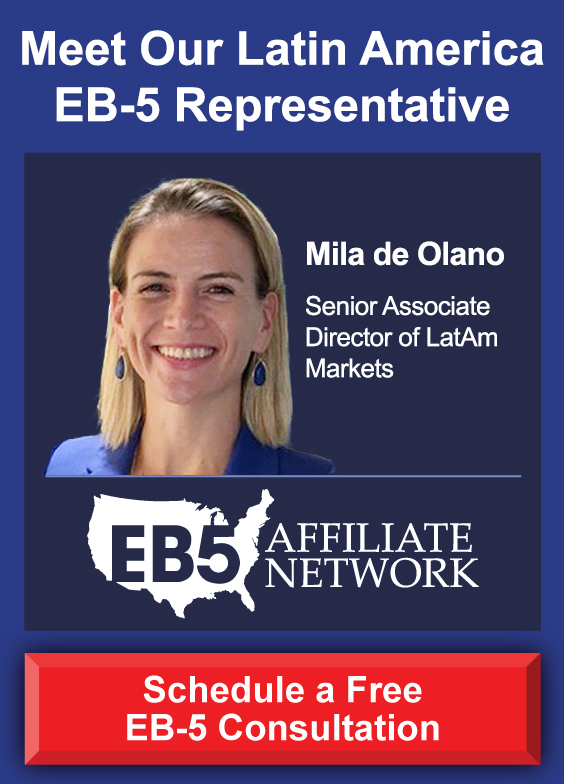A change to a business’s location is unlikely to constitute a material change if the project’s other characteristics remain the same. For instance, if the project is sponsored by a regional center, the new location would still need to be within the regional center’s geographic scope. Moreover, if the project was in a targeted employment area (TEA), the new location would likewise need to be in a TEA. The job creation projections based on a regional economic analysis would also need to remain unchanged. An immigration attorney and an economist may need to be consulted to determine whether a change of location will constitute a material change to the EB-5 project.
United States Citizenship and Immigration Services (USCIS) does not have a specific set of criteria used to identify material changes; each project is evaluated individually when Form I-526 and Form I-829 are adjudicated. However, major alterations to a project’s business activities, economic methodology, use of EB-5 capital, and investment structure are likely to constitute material changes.
The important thing is for EB-5 projects to avoid material changes after an investor’s visa petitions have been submitted to USCIS. For example, an EB-5 investor may participate in a hotel real estate development and submit Form I-526. However, the project developers decide to develop a restaurant instead of a hotel, change their economic methodology, and choose to work with a different regional center. All of these are material changes that take place after Form I-526 is filed. As a result, USCIS will likely deny the investor’s I-526 petition.
To avoid petition denials, EB-5 investors need to examine potential projects carefully and ensure that they can carry out their business plans. A project’s activities during the investors’ conditional permanent residency are especially critical. If the project developers and regional center (if any) have solid track records without a history of USCIS petition denials, foreign nationals can invest with confidence.










